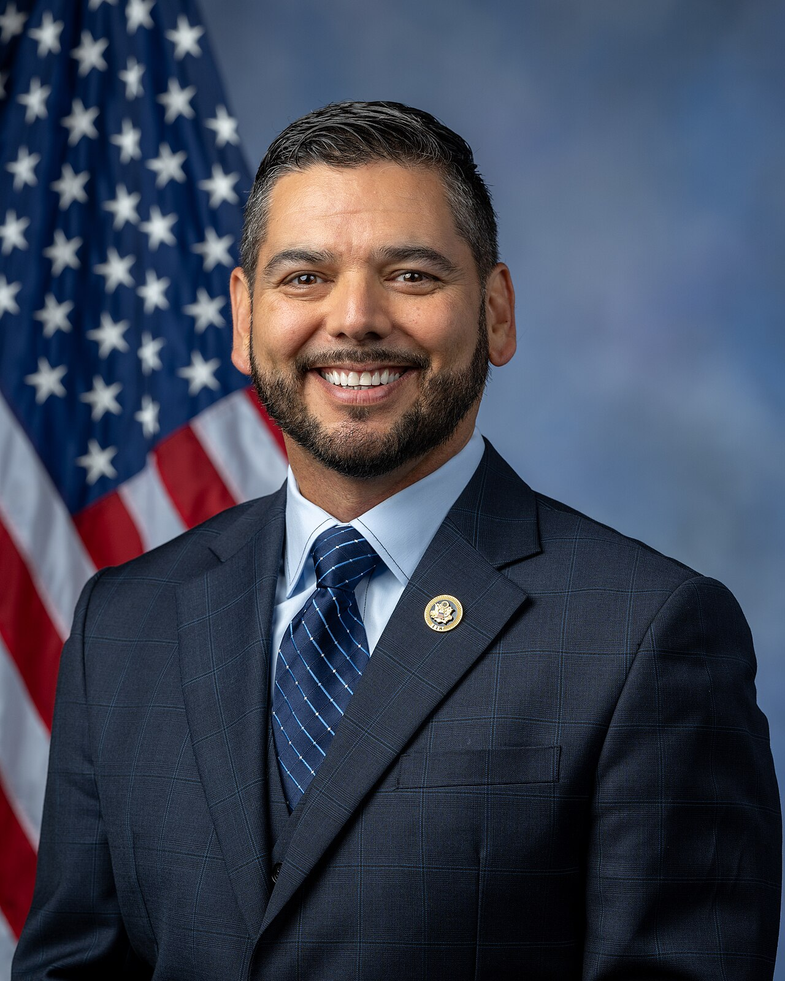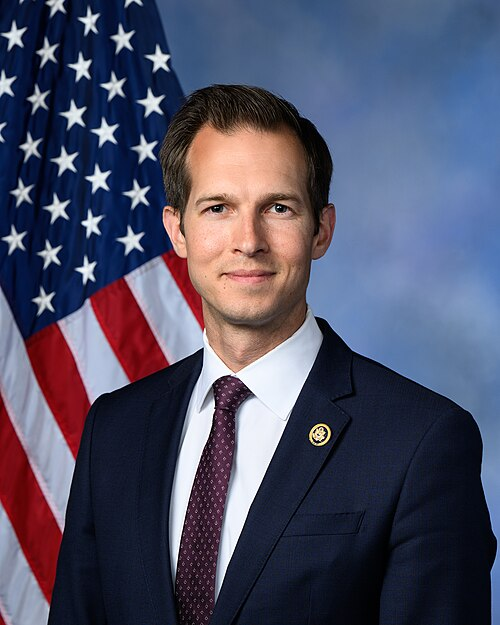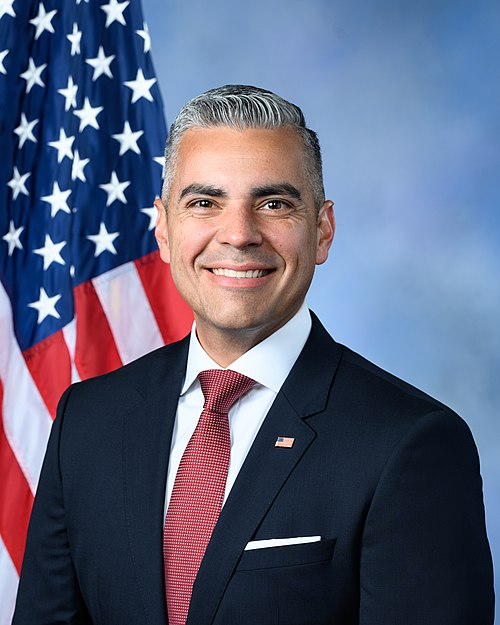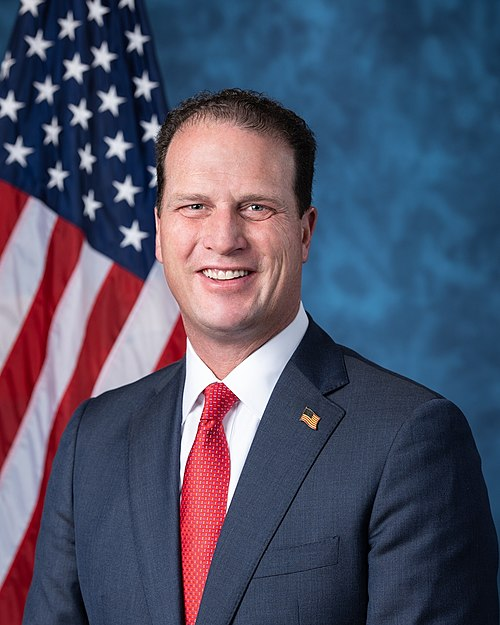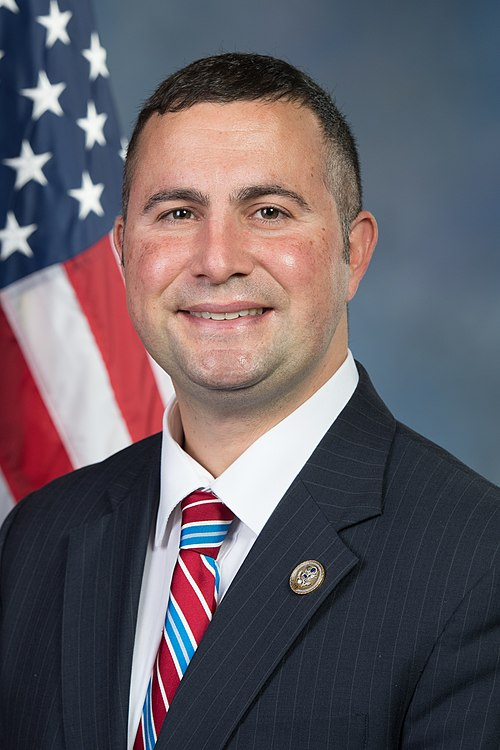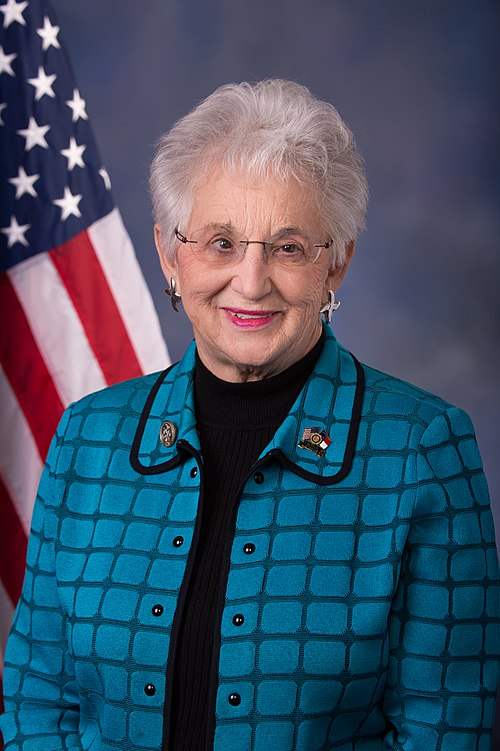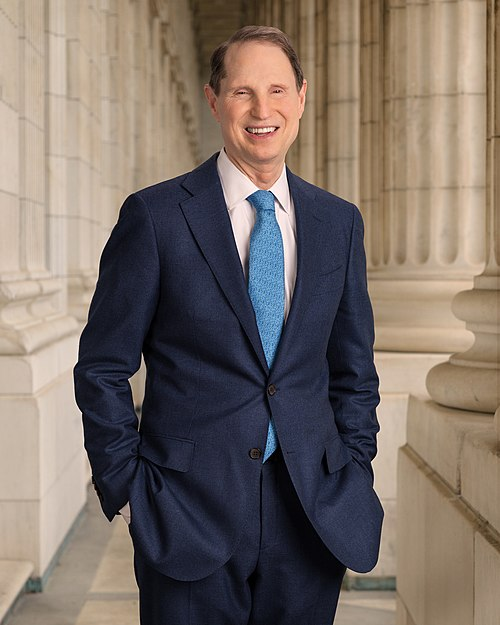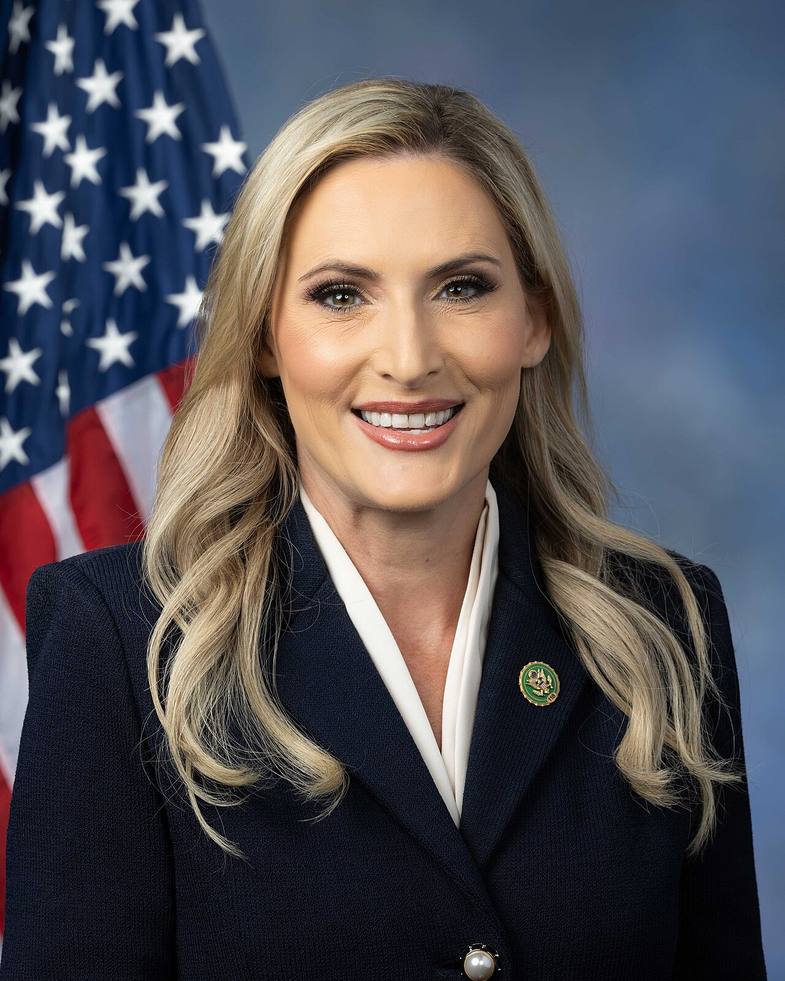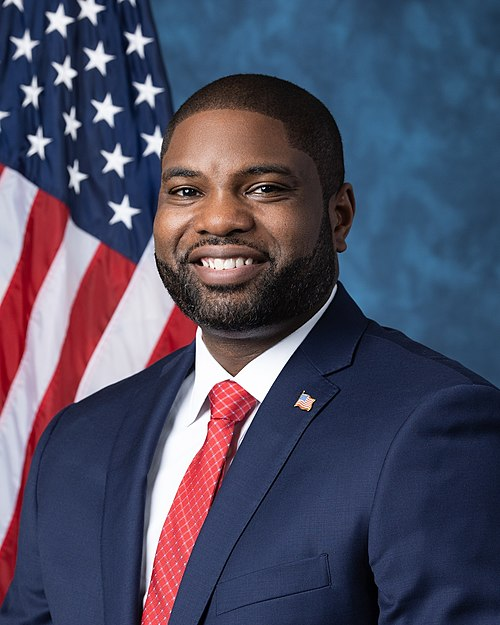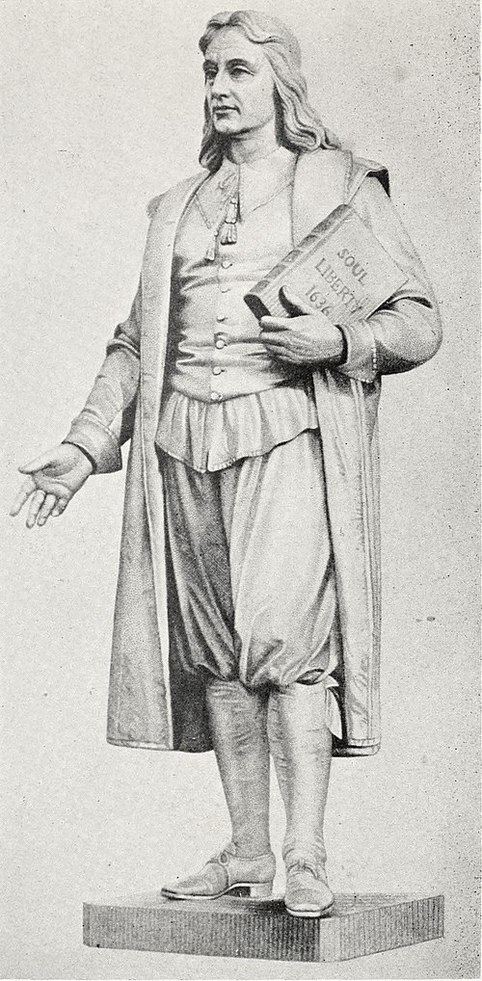H.R. 3521: Clinical Trial Modernization Act
This bill, known as the Clinical Trial Modernization Act, aims to modernize clinical trials and reduce barriers to participation, particularly for underrepresented populations. Below are the key components and objectives of the legislation:
Grants for Community Engagement
The bill allows the Secretary to provide grants and enter into contracts with organizations to enhance community education, outreach, and recruitment efforts for clinical trials. This includes:
- Collaborating with various community clinical trial sites, including health centers and rural facilities.
- Training healthcare personnel, specifically targeting an increase in underrepresented investigators in clinical trials.
- Engaging community stakeholders to boost participation in clinical trials among underrepresented groups.
- Creating partnerships with organizations that serve underrepresented populations.
Priority will be given to entities that develop materials in multiple languages and conduct outreach in traditionally underserved communities.
Incentives for Participation
The legislation seeks to facilitate participation by offering support for clinical trial expenses. It amends existing regulations to allow:
- Financial remuneration for study participants covering costs like travel, meals, and transportation.
- The provision of digital health technologies to assist participation, especially for underrepresented populations, provided these tools are necessary for trial involvement.
Cost-Sharing Support
It also addresses the cost-sharing obligations for participants in clinical trials, allowing manufacturers to assist with these costs without violating certain laws. Key requirements for this provision include:
- Alignment with federal health care coverage rules.
- Efforts to remove financial barriers for underrepresented groups.
- Necessary documentation and oversight for the arrangement.
Tax Exemption on Remuneration
The bill proposes that remuneration from clinical trial sponsors to participants would not be subject to gross income taxes, up to a limit of $2,000 annually. This is intended to enhance the financial feasibility of participating in clinical trials for individuals who may be otherwise hesitant due to income tax implications.
Protection from Liability
Finally, the bill ensures that its provisions do not limit existing protections from legal liability related to encouraging participation in clinical trials, maintaining the intent to protect both participants and sponsors.
Relevant Companies
- PFE - Pfizer Inc.: As a significant player in clinical trials, Pfizer may benefit from increased participation in studies related to vaccines and treatments, particularly among underrepresented groups.
- MRNA - Moderna, Inc.: Similar to Pfizer, Moderna could see a positive impact in recruitment for trials, especially for vaccines and mRNA therapies, due to increased funding and outreach efforts outlined in this bill.
- NVS - Novartis AG: Novartis may be impacted positively by the incentives to enhance trial participation among diverse populations, leading to better data and outcomes for their research initiatives.
This is an AI-generated summary of the bill text. There may be mistakes.
Sponsors
6 bill sponsors
Actions
2 actions
| Date | Action |
|---|---|
| May. 20, 2025 | Introduced in House |
| May. 20, 2025 | Referred to the Committee on Energy and Commerce, and in addition to the Committee on Ways and Means, for a period to be subsequently determined by the Speaker, in each case for consideration of such provisions as fall within the jurisdiction of the committee concerned. |
